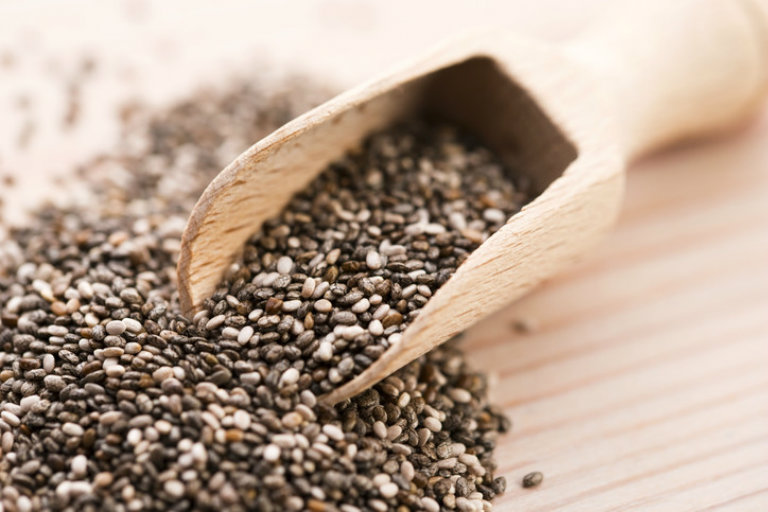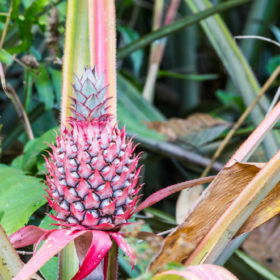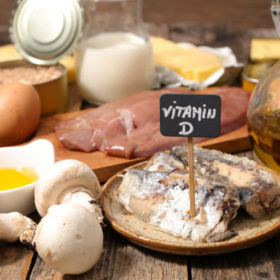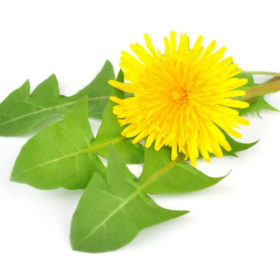
Plant vs. Animal Protein
Navigating the protein powder options in your local supermarket or health food store can feel a bit like scrolling through pages and pages of Netflix options trying to find the one that best fits your mood. Each of the protein powders on store shelves begs to be purchased, attempting to capture your attention over all the others. Selecting the right protein powder requires a basic review of how proteins are used in the body.
Comprised of sequences of amino acids, proteins are needed for protein synthesis, tissue repair, and metabolic function. Some proteins produced inside the body are known as ‘non-essential’ amino acids. The other, ‘essential’ amino acids, can only be obtained from the diet. Together, these 20 or so amino acids form what are known as complete proteins. If even one essential amino acid is absent or missing from the food we eat, a complete protein cannot be formed, thereby making it largely unusable by the body.
Most plant proteins do not contain all of the essential amino acids, so they must be combined with other plant sources to create a complete protein. A good example would be the combination of beans and rice; individually, they are incomplete, but together, they contain all nine essential amino acids.
If given a preference, the body would much prefer protein from an animal source (always a complete protein) rather than one from a plant source. This would include any kind of animal product such as beef, chicken, pork, eggs or milk. Whey protein seems to be the most popular option, known in the fitness industry for promoting muscle growth and energy, however, for those with dairy sensitivities, complete plant proteins would be a better fit.
One of the more popular plant proteins are chia seeds. Although these are considered a complete protein, they don’t provide much bang for the buck; one tablespoon of chia seeds only contains three grams of protein. Instead, consider chia seeds as an addition to a complete protein as they contain fiber and other important nutrients.
The best alternative, dairy-free protein we’ve found is made from a combination of pumpkin seeds, yellow peas and sesame seeds along with two additional missing amino acids, cysteine and methionine, which together form a perfectly-balanced complete protein. As a powder, this chocolate or vanilla-flavored protein powder can easily replace dairy (whey) protein and can be mixed with water for a quick and delicious protein drink. Each serving contains 15g of protein making it a perfect addition to your daily protein intake.



